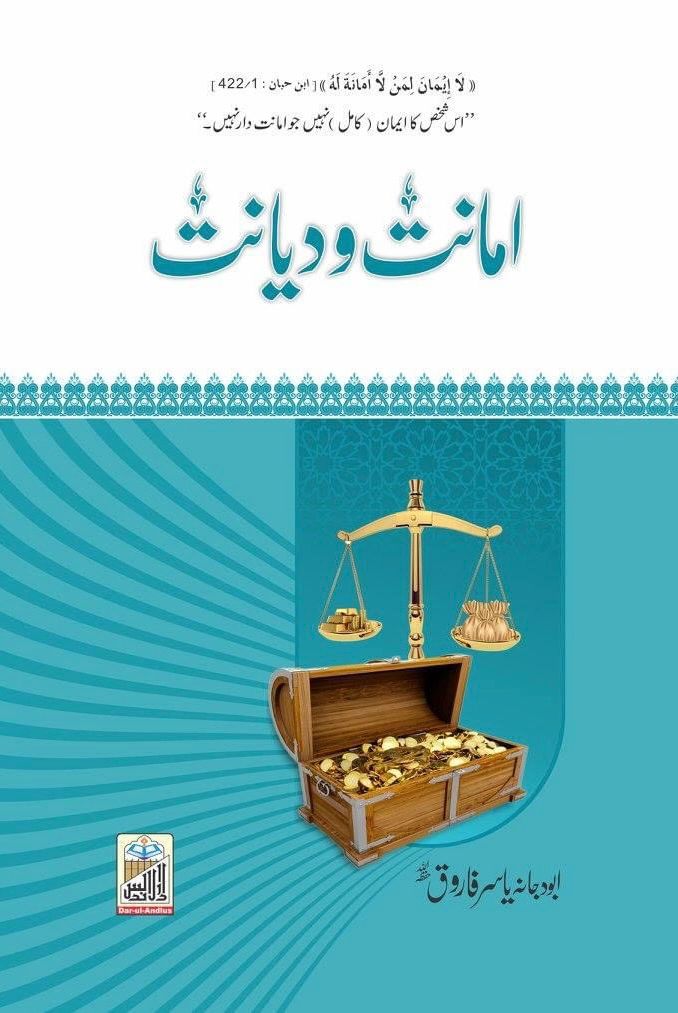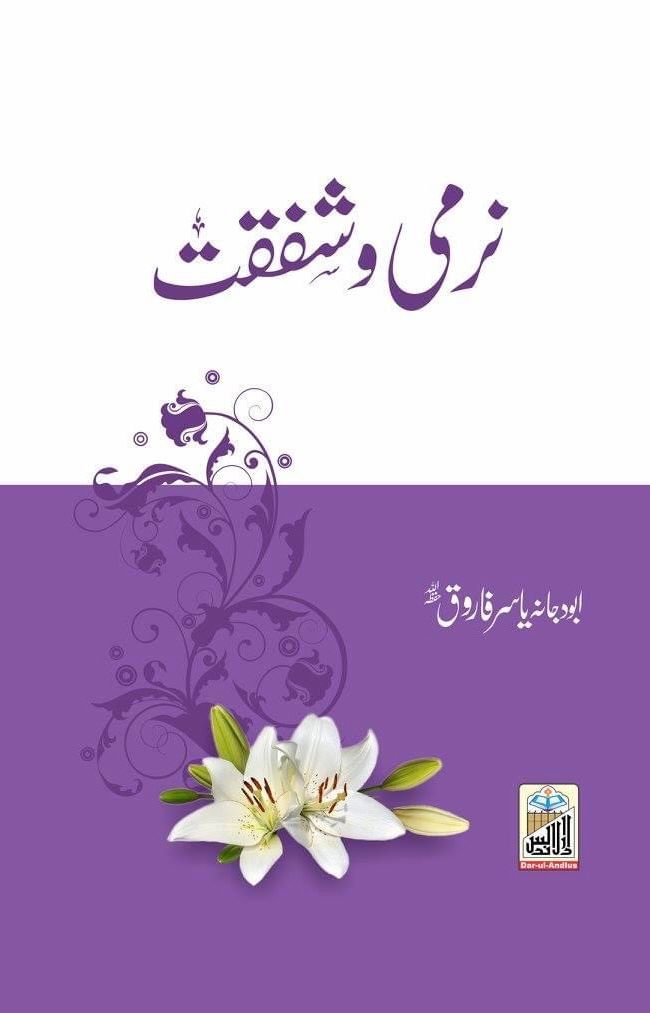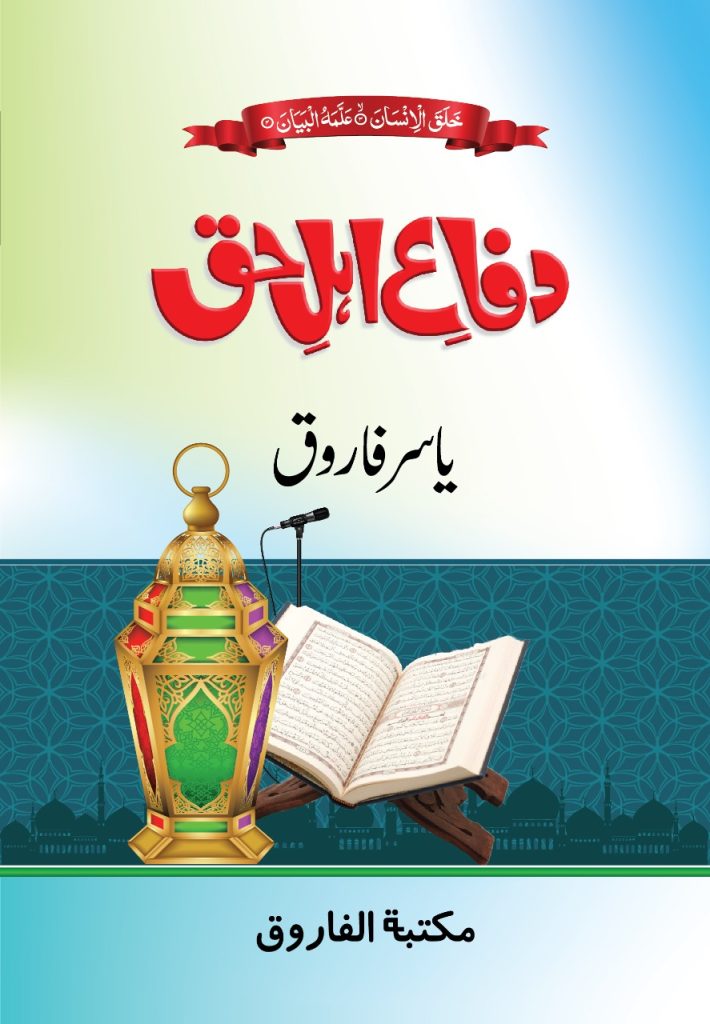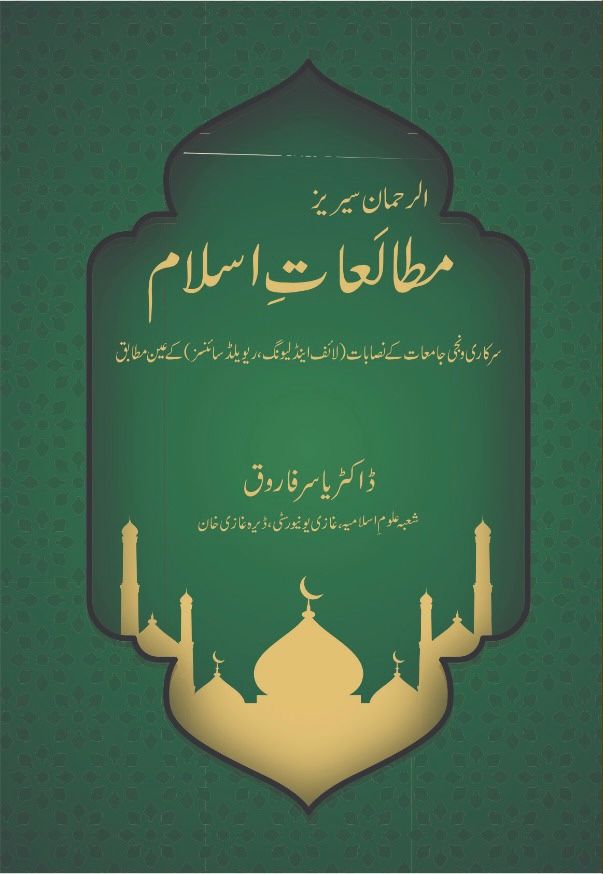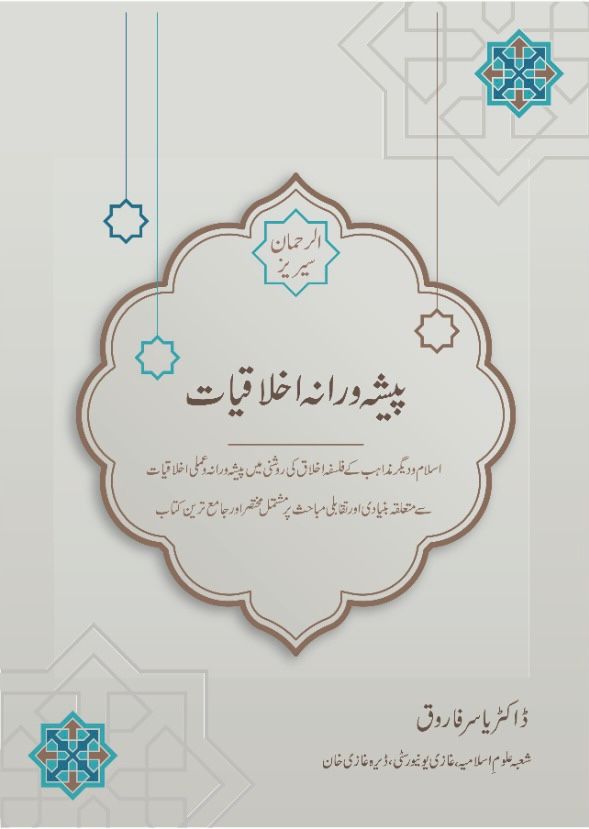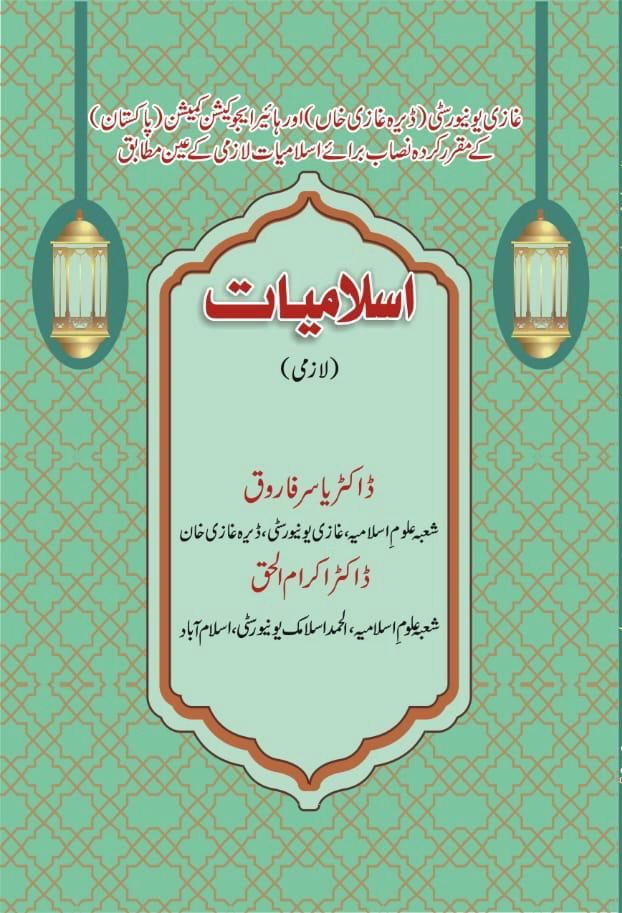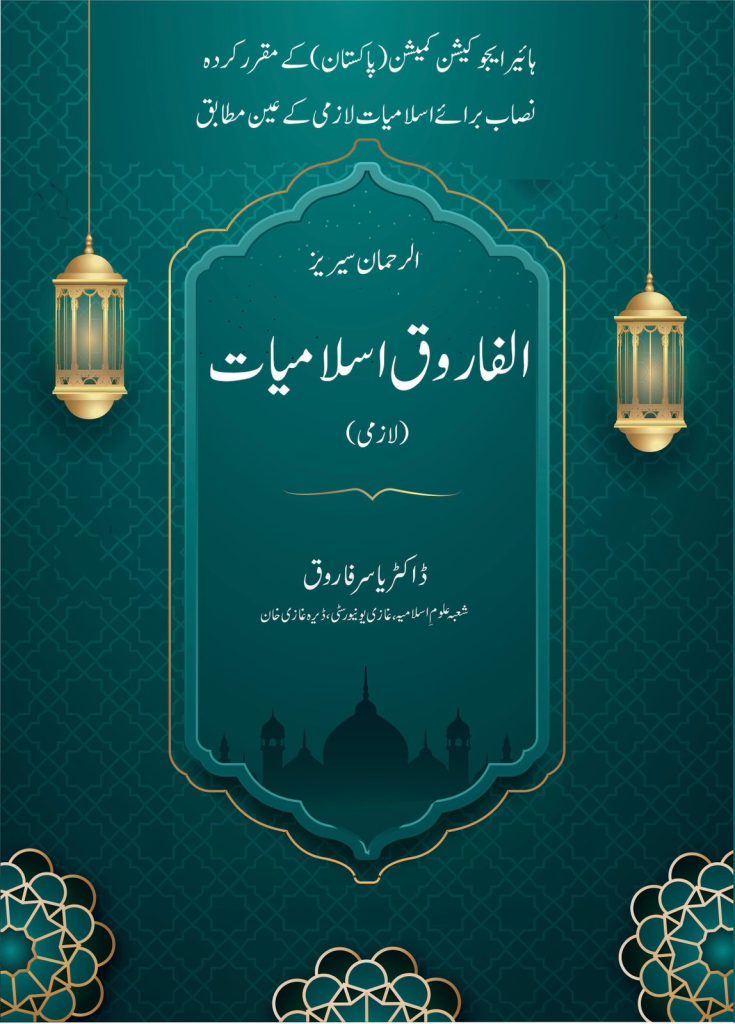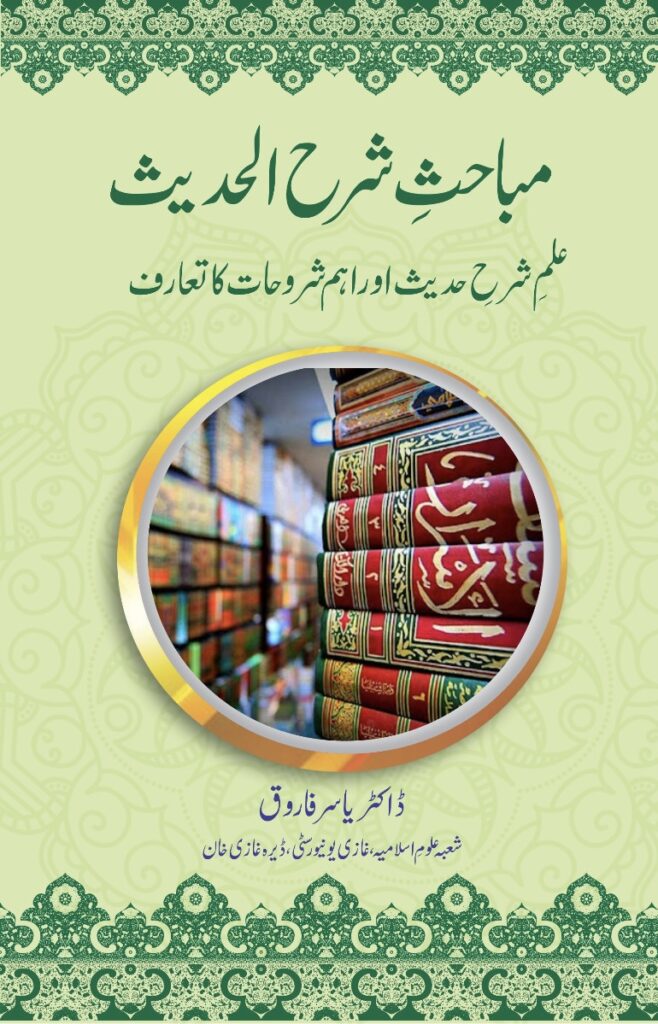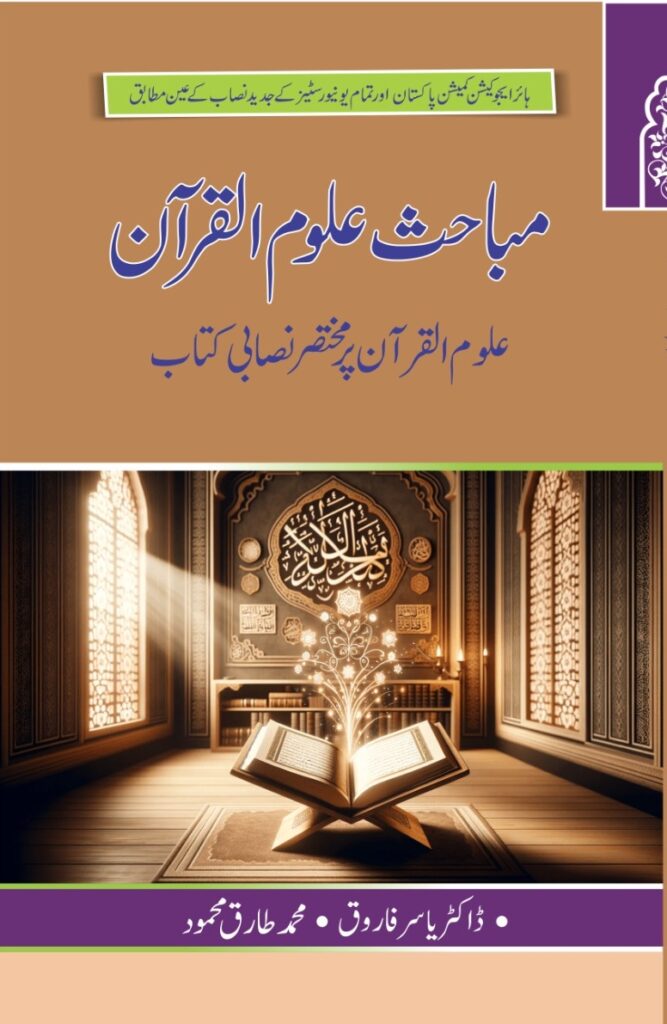
DO NOT DESPAIR
A Beacon of Hope: Overcoming Despair with Faith and Resilience
In a world filled with trials, hardships, and disappointments, A Beacon of Hope serves as a guiding light for those struggling with despair. This transformative book offers profound insights rooted in Islamic teachings, encouraging readers to embrace patience, trust in Allah, and find solace in His boundless mercy. With deep wisdom and heartfelt guidance, this book reminds us that no sorrow is permanent, no hardship is without ease, and no believer is ever truly alone. It provides practical steps to navigate life’s challenges, strengthen one’s faith, and develop an unshakable connection with the Creator. Drawing from Quranic verses, prophetic traditions, and the lives of the great Prophets, A Beacon of Hope instills resilience, purpose, and a renewed sense of optimism in the hearts of its readers. Whether you are facing personal struggles, seeking spiritual growth, or looking for inspiration, this book will empower you to rise above adversity, cultivate inner peace, and transform challenges into opportunities for faith and perseverance.
🔹 Discover how to:
✔ Overcome hopelessness and strengthen your trust in Allah
✔ Face difficulties with courage and unwavering faith
✔ Find inner peace through gratitude and patience
✔ Navigate life’s trials while staying true to your spiritual path
This book is not just a read—it’s a journey toward light, hope, and divine reassurance. Let it be your companion in moments of doubt and your guide toward a life of contentment, faith, and ultimate success.
📌 Get your copy today and embark on a journey of faith, strength, and renewal! 🌟
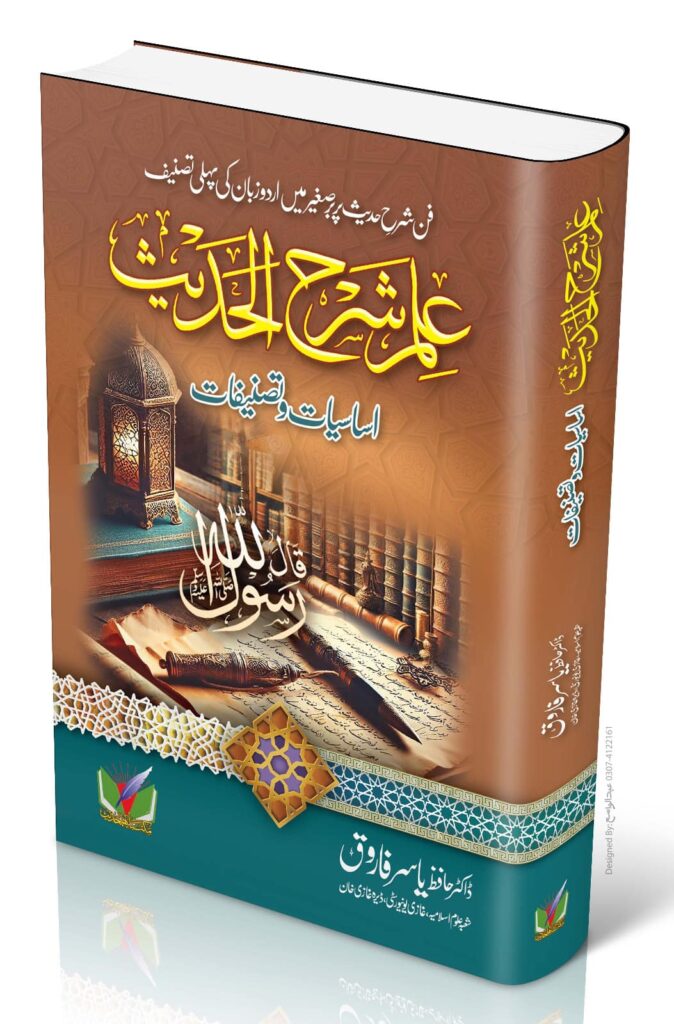
“Ilm-e-Sharh al-Hadith: Asasiyat wa Tasnifat” is Out Now!
These 400 pages provide a comprehensive exploration of the science of Hadith interpretation, covering its principles, methods of inference, major sources, and causes of Causes of Misinterpretation in Hadith Commentary. It also delves into the methodologies and unique features of over fifty renowned and widely used commentaries in both Urdu and Arabic.
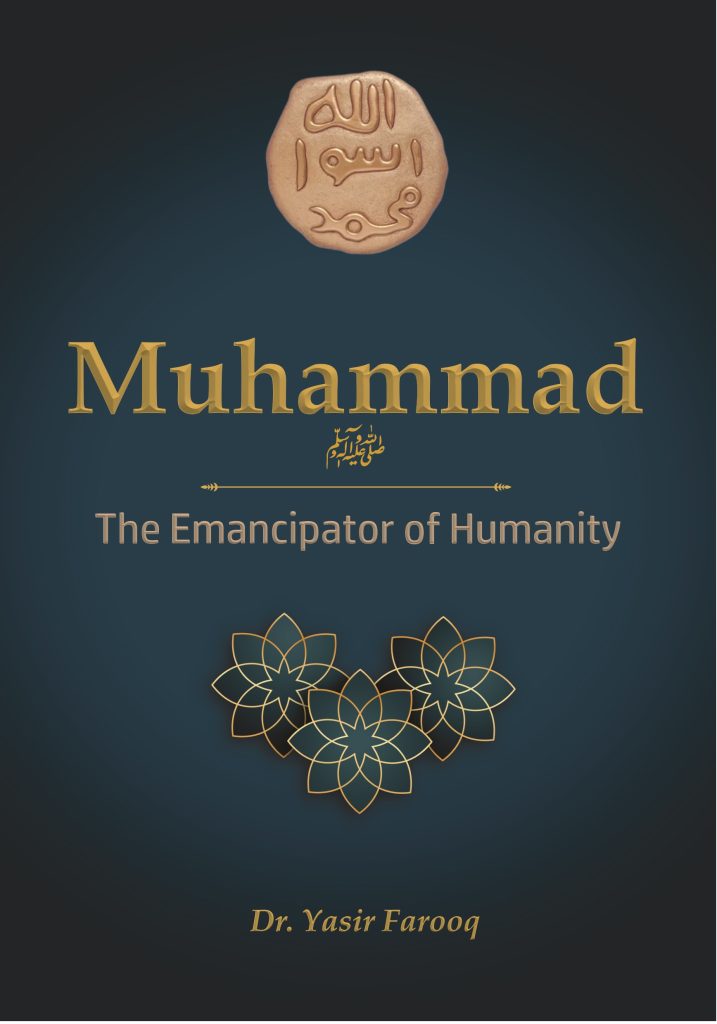
According to the Holy Quran, Allah sent the Holy Prophet Muḥammad (ﷺ) as a guide for all humanity, declaring him the best example for those seeking a better and peaceful life. Allah’s words emphasize that anyone, regardless of their role in life—be it a trader, farmer, parent, child, or any other—can find guidance in the Prophet’s teachings. This universality of his guidance has inspired Sīrah writers to extensively document every aspect of his life, resulting in a rich body of literature. While numerous works focus on the Prophet’s struggles for Islam, such as his endurance during Ghazawāt and Sarayā, I felt a need for a comprehensive English biography. This book aims to present the Prophet’s life as a complete code of conduct, emphasizing his teachings, moral values, and practical solutions for modern challenges. It highlights key aspects of his character, such as his kindness, ethics, and interpersonal relationships, offering believers a deeper understanding of his noble qualities. Authentic Aḥādīth and notable Sīrah works have been consulted to ensure accuracy, with supplementary notes, a glossary, and a bibliography included for reference. This effort seeks to make the Prophet’s exemplary life accessible for Muslims to follow and cherish.
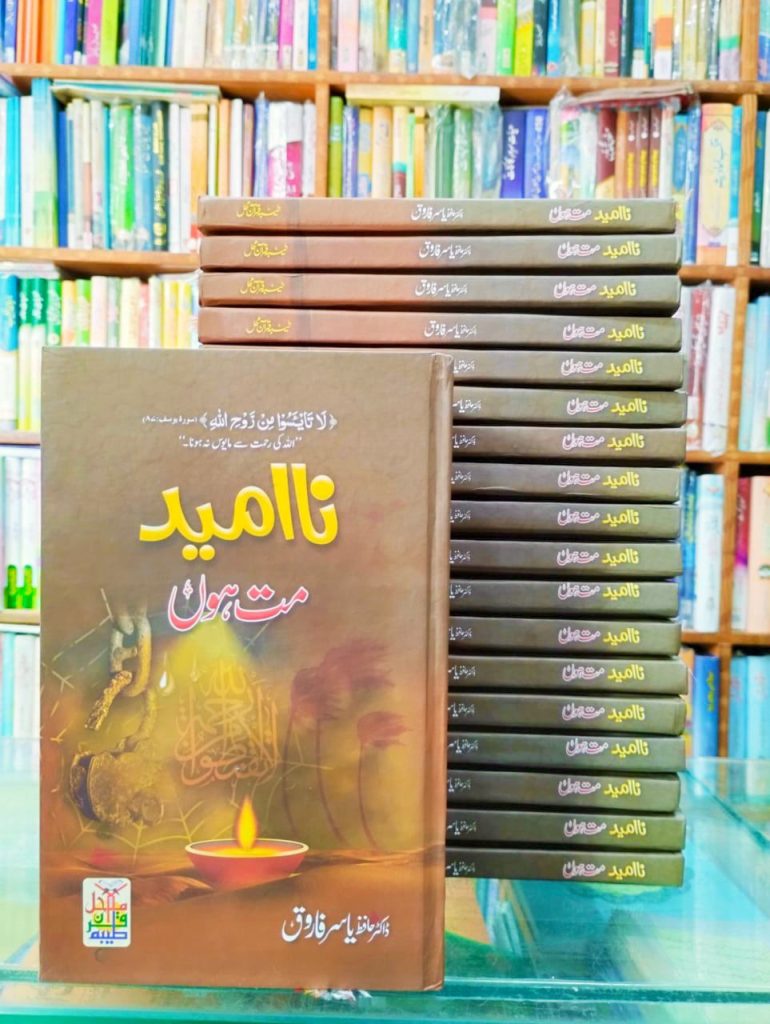
The material desires of the modern era have given rise to countless social and economic problems, leaving almost everyone distressed and disheartened. Moreover, the increasing distance from the Book of Allah, neglect of religion, and failure to fully practice Islam have left nearly every individual afflicted with despair and intellectual deviation. A significant number of young people today are suffering from mental stress and various psychological disorders due to economic challenges and intellectual waywardness. This book has been written with these issues in mind, drawing guidance from the Book of Allah, the Sunnah of the Prophet (PBUH), and the lives of great personalities like the Prophets. The author provides guidance from authentic sources to address the current state of economic, social, and political decline, aiming to dispel the prevailing atmosphere of hopelessness and despair.
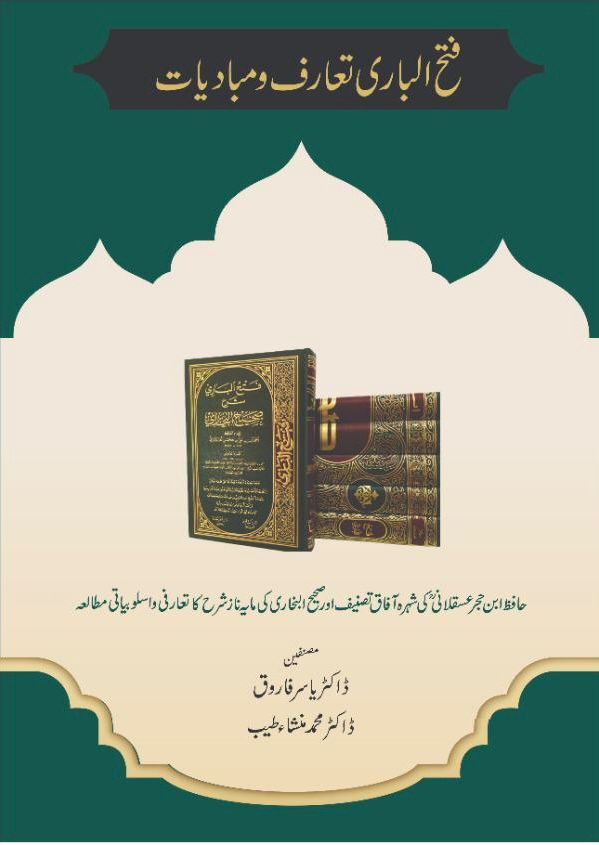
Considering the significance of Fath Al-Bari and its widespread attention among scholars and students of Hadith, this study has attempted to analyze its methodology and approach. This book is divided into seven chapters, each written as a separate article. The first chapter covers the life and works of Hafiz Ibn Hajar Al-Asqalani (may Allah have mercy on him). The second chapter specifically examines the methodology and writing style of Fath Al-Bari with examples and analyses. The third chapter explores the general and specific methodology of Qur’anic interpretation in Fath Al-Bari, especially during the explanation of the Kitab Al-Tafsir section of Sahih Al-Bukhari. The fourth chapter discusses the method of reconciling contradictory Hadiths in Fath Al-Bari, along with a comparative study of other scholars’ principles of reconciliation, with examples. The fifth chapter examines the principles of verifying and prioritizing events and narrations from the Prophet’s biography as derived from Fath Al-Bari. The sixth chapter analyzes Hafiz Ibn Hajar’s stance on the prominent schools of jurisprudence as presented in the introduction. The seventh chapter sheds light on the approach and methodology of addressing jurisprudential discussions in Fath Al-Bari with detailed examples. By reviewing these chapters before delving into Fath Al-Bari, readers can gain greater ease and insight in benefiting from this extraordinary commentary.
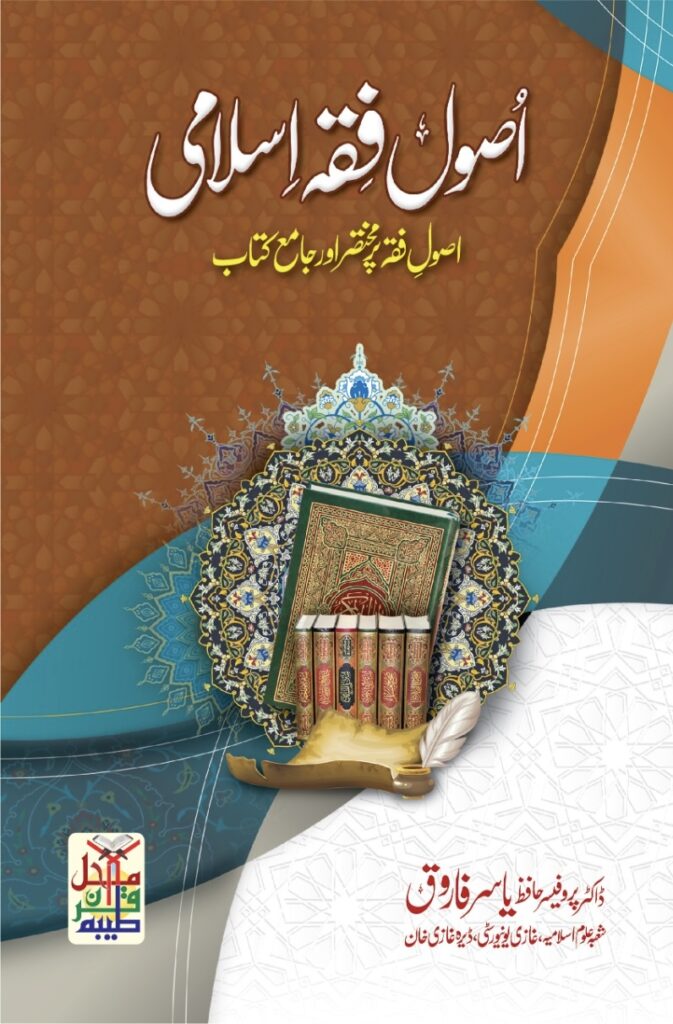
In Islamic jurisprudence (Shari’ah), the discipline of Fiqh and its foundational principles, Usul al-Fiqh, have long been a focal point for scholars. Religious seminaries (madaris) and contemporary universities alike offer extensive courses and specialization programs in this field. Madaris, in particular, have historically made significant contributions to Fiqh and Ifta (legal opinion issuance), advancing the discipline significantly. Despite its importance, Usul al-Fiqh faces challenges, especially in foundational education. Many beginner-level students in madaris and universities lack effective, balanced textbooks tailored to their level. Existing introductory texts often overlook essential principles, while students are prematurely exposed to advanced works like Al-Wajeez fi Usul al-Fiqh, leading to disengagement and difficulty grasping the subject. To address this gap, the author has developed a concise and accessible textbook, Usul al-Fiqh al-Islami. Designed for beginners, the book introduces Usul al-Fiqh through clear definitions, evidence, and examples, adhering to the methodology of later scholars while drawing extensively from classical works. The focus remains on presenting established views rather than novel opinions, ensuring academic rigor and accessibility. This approach equips students with a solid foundation before transitioning to more advanced texts, fostering genuine interest and understanding.
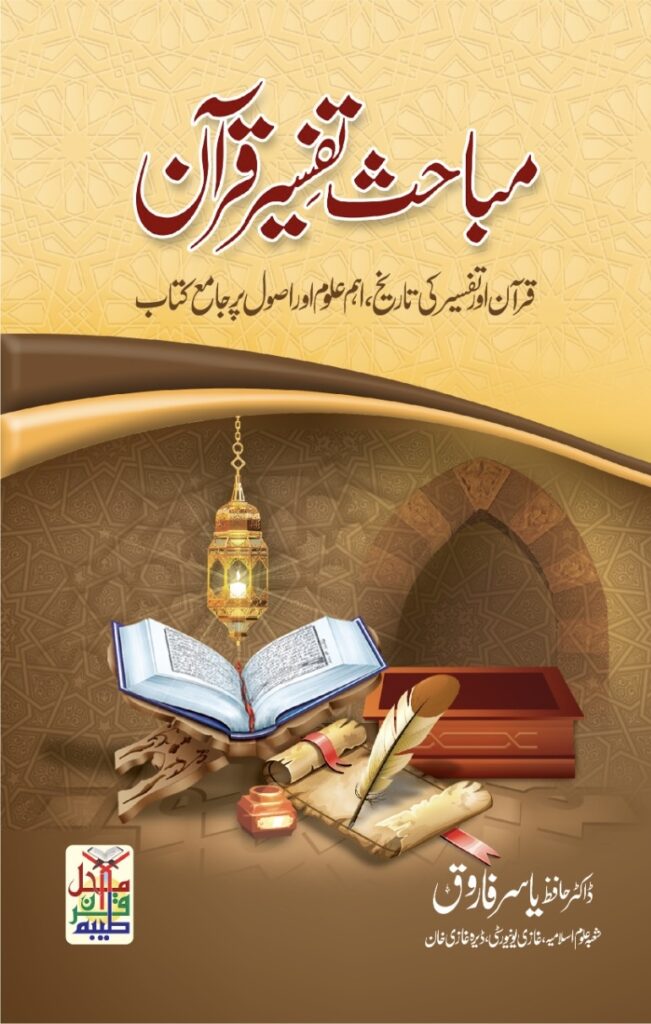
Given the significance and utility of Tafsīr (Qur’anic exegesis) and its foundational discussions, scholars and researchers have devoted considerable attention to this field. Diverse curricula covering this discipline are being taught in religious seminaries and contemporary universities. Many universities now offer specialized programs in Qur’anic studies, Tafsīr, and the principles and sciences of Tafsīr. Universities have excelled in this regard, as they have undertaken foundational and research-based work in Qur’anic sciences for a long time and continue to elevate this field to greater heights. However, despite its immense importance, certain shortcomings occasionally arise. One such issue is that beginner students in many universities are not properly introduced to the science of Tafsīr and its principles. The primary reason for this is the absence of moderate and suitable textbooks on the principles of Tafsīr and related discussions at the foundational level, which are easy to memorize and comprehend. This is concerning because introductory books commonly used in this context often lack a proper treatment of fundamental principles. There is no single book available that comprehensively encompasses the essential and most critical information of this field. To address this need, I have, in consultation with renowned educationists, compiled a concise and easy-to-understand book titled Mabahith Tafsīr al-Qur’ān (“Discussions on Qur’anic Exegesis). This book introduces Tafsīr, its principles, the history of Tafsīr, and related topics comprehensively and coherently.
